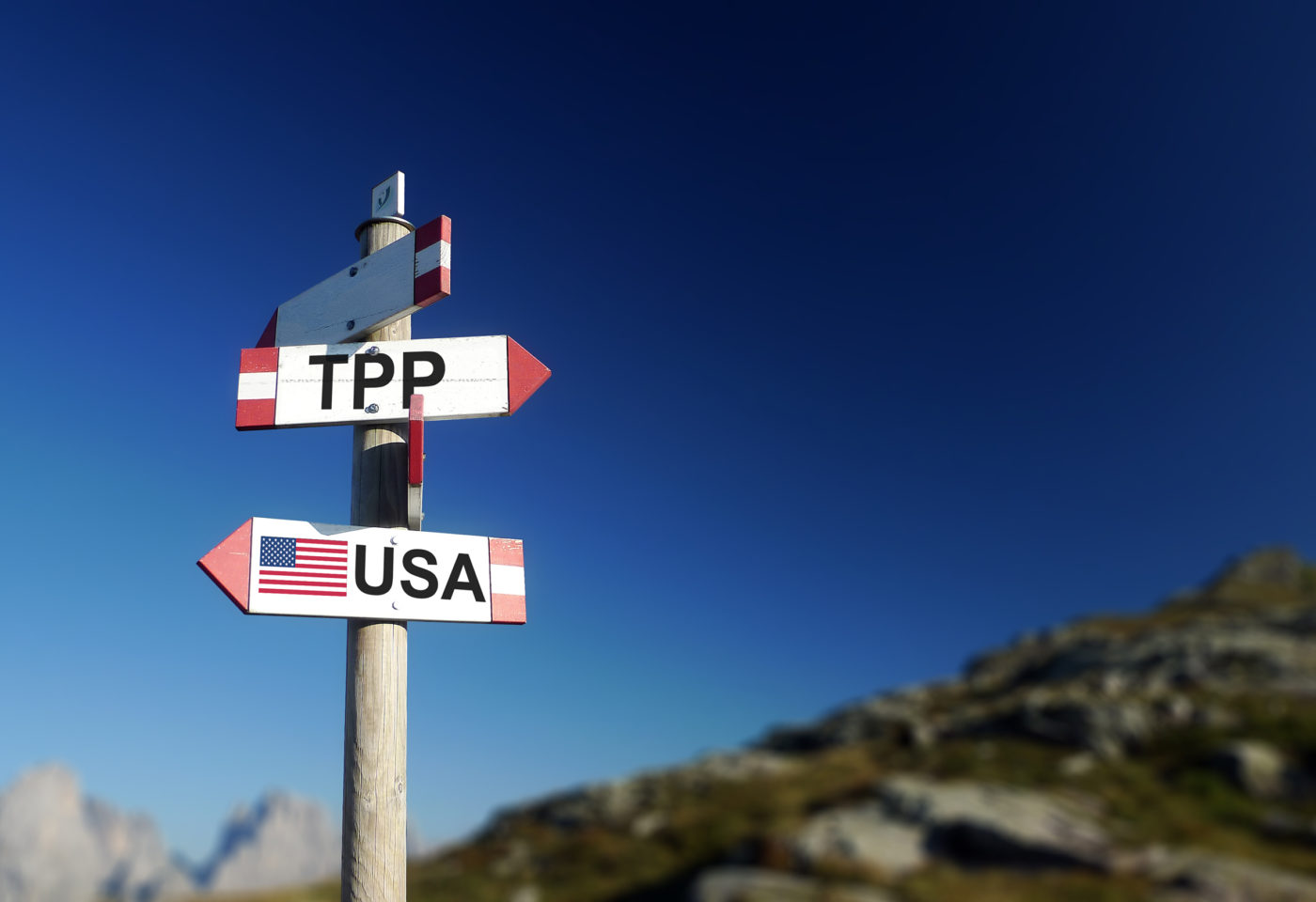As Canadian leaders and policy-makers gather insights to respond to recent political upheaval in the U.S., an interesting trade development below the border early in the new year has so far flown mostly under the radar.
In January, a group of House Democrats who were part of the vocal anti-TPP chorus during the U.S. election campaign took part in a press conference in Washington to demand that the Trump administration honour its promise to renegotiate – not the Trans-Pacific Partnership (TPP), but rather the North American Free Trade Agreement (NAFTA) within its first 100 days in office.
Whether a political stunt to yank the new administration’s chain or to grandstand for voters back home, the move should raise some eyebrows Canada.
First, NAFTA is still a political football, or worst case, a live grenade being tossed around D.C. The train of thought that had Canada hold its breath while potential headaches such as renegotiating NAFTA fell off the side of the new administration’s desk just hit a major reality check.
While there was a sea of no-TPP signs being waved at the Democratic National Convention in Philadelphia, NAFTA didn’t feature much, if at all. So, the sudden trumping of no-TPP fervor by no-NAFTA activism on the part of the Democrats is a bit of a jolt.
What is potentially more troubling for Canada is who among the Democrats showed up at the press conference, in the company of other critics of the agreement, including the AFL-CIO President and the Director of Global Trade Watch from Ralph Nader’s Public Citizen.
Attending the press conference were representatives Rosa DeLauro from Connecticut, Peter DeFazio from Oregon, Brad Sherman from California, Dona Norcross from New Jersey, David Cicilline from Rhode Island, Paul Tonko and Louise Slaughter from New York, March Kapur from Ohio. and Debbie Dingell from Michigan.
Only Rep. Sherman came from a southern border state and his district, the 30th, is located around Sherman Oaks, a good 160 miles and three and half hours form the southern border.
On the other hand, three of the attendees came from congressional districts that border Canada: Louise Slaughter in N.Y.’s 26th district encompassing Rochester, Marcy Kapur in Ohio’s 9th encompassing Toledo and Debbie Dingell in Michigan’s 20th encompassing Ann Arbor. Paul Tonko in New York’s 20th borders New York’s 21st district, home to one of Canada’s largest investments in the U.S., a Bombardier facility, which employs more than 250 workers – all of whom were spared the axe in Bombardier’s most recent announcement of 7,000 layoffs.
So why are some Democrats whose districts border Canada now turning their sights on NAFTA?
If anyone in Washington should be sympathetic to keeping NAFTA, one would think those from districts bordering Canada or bordering districts with large Canadian investment should be on that list – not on the list of those standing with the AFL-CIO and Public Citizen calling for a renegotiation. These are people who deal with Canadians on cross-border working groups, the regional meetings of the Council of State governments, whose constituents cross the border.
In other words, people one would think would know better.
What if anything all of this means in the longer-term, we will have to wait to see. In the short term, it’s a uncomfortable reminder of how dicey things are in the U.S.
– Carlo Dade is the director of the Trade & Investment Centre
